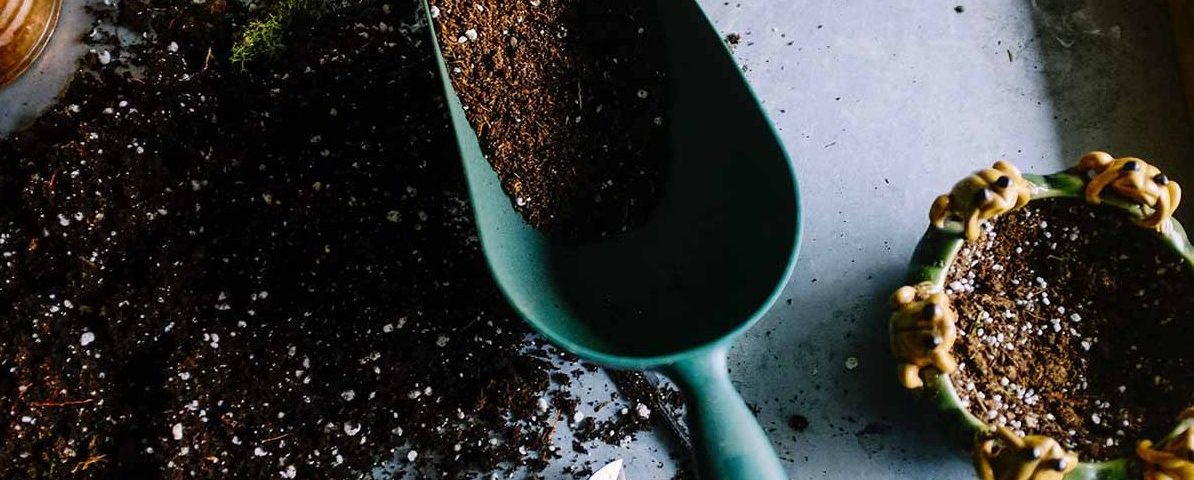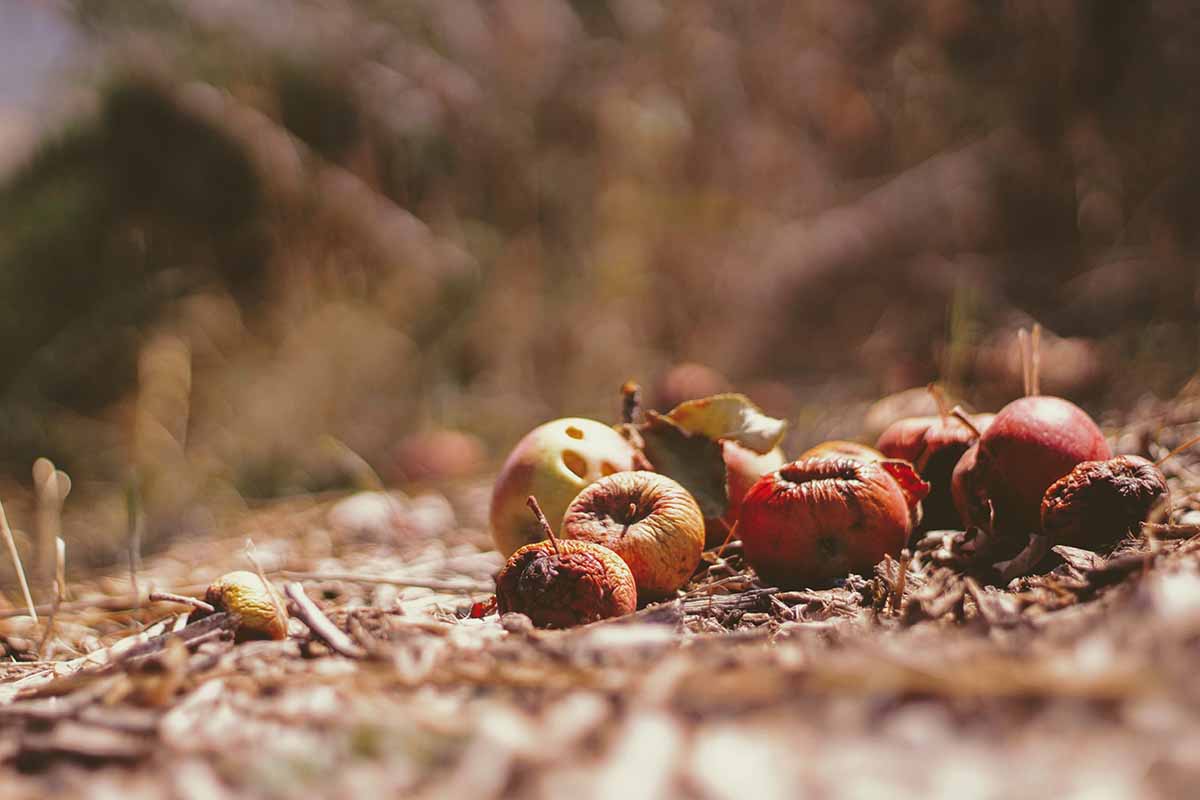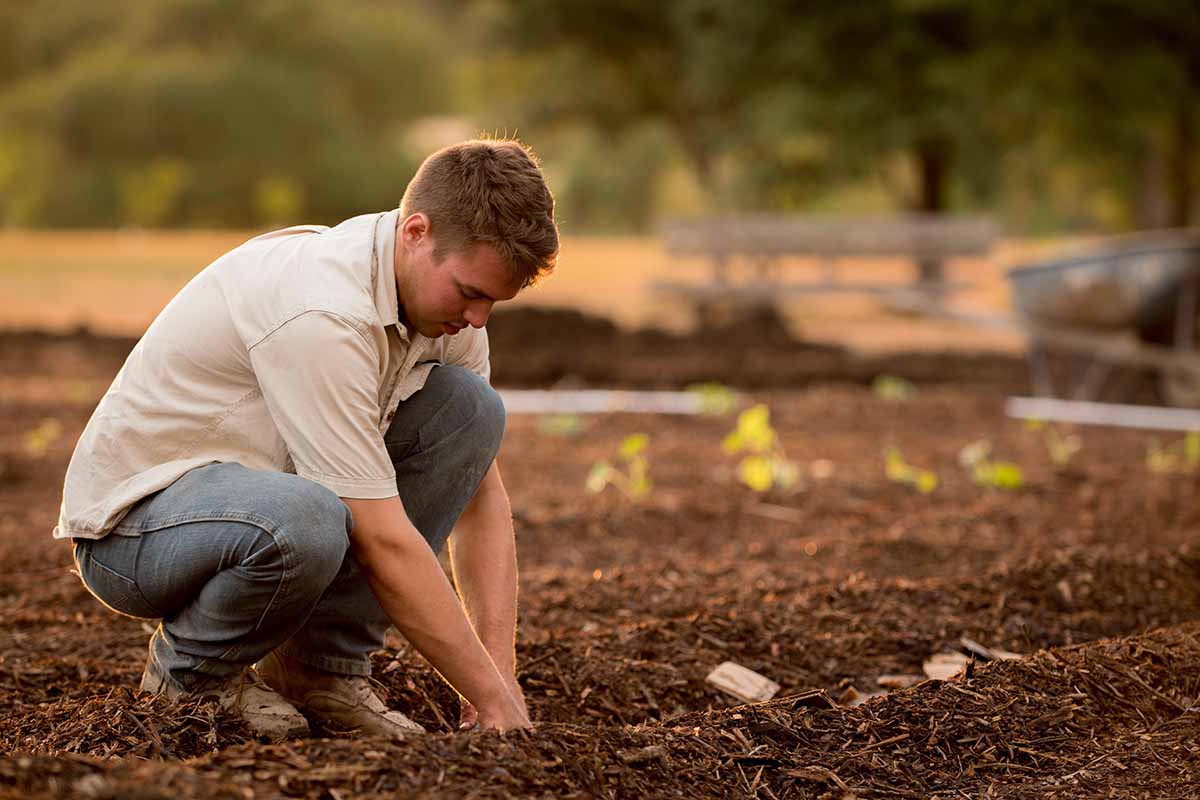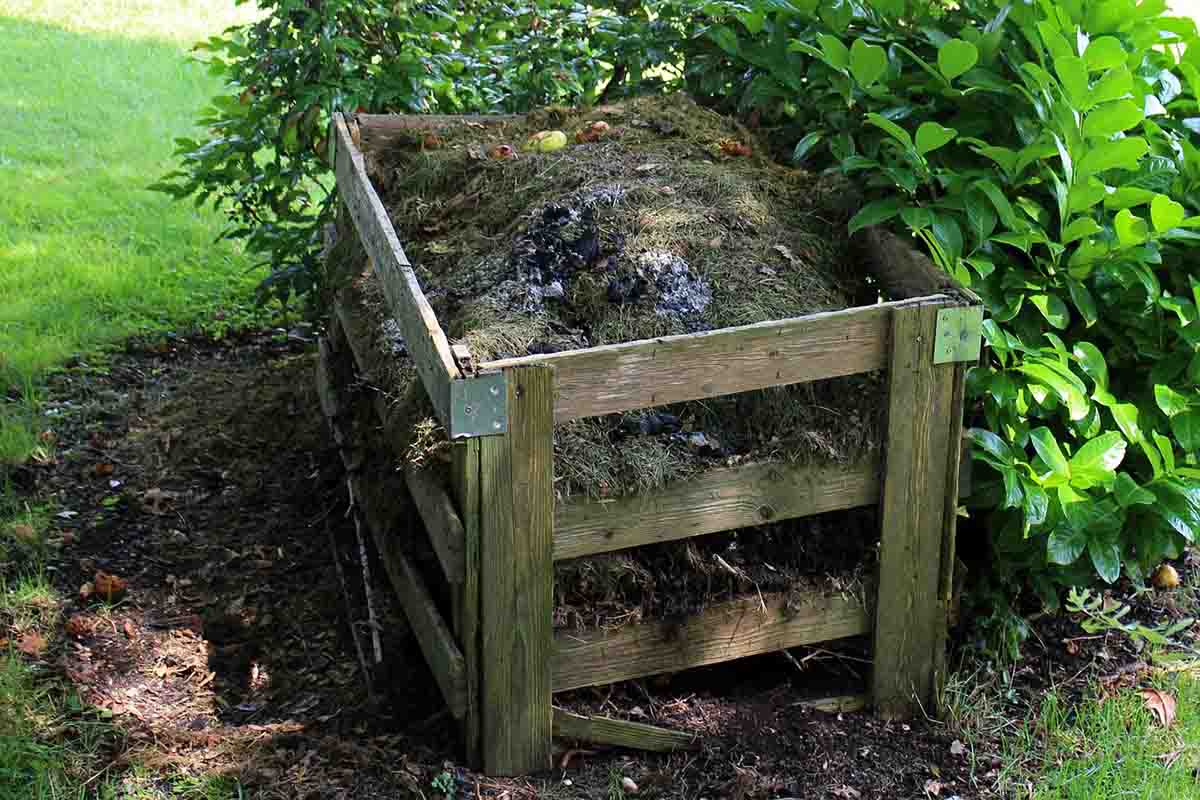
Copying Nature (Yet Again): What Is Composting, and How Does It Reduce Our Impact on the Environment?
22 of September of 2021
Fruit peels, eggshells, tea bags, and leaves that have fallen from a plant after transplanting it. Every day, we leave behind small bits of organic waste that seem insignificant at first glance. However, if we put them all together, we would see that they aren’t so small: it is estimated that 44% of the waste generated worldwide is food scraps and other organic elements.
If not handled appropriately, this garbage ends up decomposing improperly and generating large amounts of methane, a gas with a powerful greenhouse effect. To avoid this problem, there’s a widely available solution: converting it into compost.
Composting is a technique as old as agriculture; in recent years, it has moved beyond just rural areas to become increasingly prominent in urban environments. We’ll tell you what composting is, how it works, and above all, what benefits it offers the planet and the environment.
How does composting work?
To understand how composting works, it’s best to start at the beginning: what is compost? It is natural compost, a fertilizer product used in agriculture due to its ability to regenerate soil. It’s obtained from different materials that are organic in origin, such as food or yard waste. 
Organic waste can easily be turned into compost
Composting is the process of transforming these organic materials into compost. Decomposing agents come into play in this process, such as worms, bacteria, and fungi; they are responsible for converting the waste into fertilizer material.
Composting must be done in a specific environment that creates a decomposing ecosystem where oxygen is abundant (a compost bin). In these environments, the temperature and humidity conditions that occur naturally in terrestrial ecosystems are imitated to renew soil nutrients or generate new soil.
The usual composting process takes between five and six months, and the result is an odor-free, earthy-looking product that’s ready to use as natural compost.
Benefits of composting
Converting organic waste into compost has many benefits, which is why more and more people are starting to do this at home. First, it supports the circular economy by closing the organic matter cycle and reusing goods that would otherwise end up in landfills or incinerators.
This is a solution to food waste: 1.3 billion tons of food are lost or wasted every year around the world, according to the United Nations Environment Programme (UNEP). Of these, almost 5.7 billion tons are produced in households. Compost allows them to be returned to the Earth and given a new life, both on a large scale and domestically.
It is also a clean, easy, and cheap method of obtaining quality compost without using chemicals. All this leads to a reduction in the carbon footprint of households and other links in the long chain of the food sector. This reduction can have a significant impact since food waste is estimated to generate approximately 8% to 10% of global greenhouse gas emissions.
Back to Earth: the environmental value of compost
The environmental benefits don’t end with reducing emissions: using compost helps improve the quality of the soil and therefore reduces the pressure on biodiversity. These are some of the advantages of using compost as a fertilizer in gardening and agriculture:
- Its nutrients help restore soil fertility.
- It improves water retention.
- It reduces dependence on chemical fertilizers.
It helps recover degraded soils, which currently account for 33% of all soils on Earth.
Using compost can restore degraded soils and increase their fertility.
Composting is therefore introduced as a method to achieve more sustainable and responsible agricultural systems. At the same time, it lets families do their part to protect the environment.
How to make a compost bin at home
There are numerous types of composters that can fit any space or place. The internet is full of tutorials for making them out of pallets, driftwood, used tires, garbage cans, or wire mesh. You can also buy them at hardware stores or specialty shops. 
It’s possible to create a homemade compost bin with pallets or wood and organic matter
Another exciting option, especially for those who want to give composting a chance but live in apartments or small spaces, is to get a vermicomposter. With vermicomposting, decomposition is accelerated thanks to certain worms. Its advantage is that it takes up less space and can therefore be done indoors.
This Plantea en Verde (Bringing Up Green) guide explains how to create and maintain a homemade vermicomposter step-by-step. With a few simple tips, you can give the waste we generate every day a second life and get cheap, good-quality compost that’s free of chemical products.





There are no comments yet